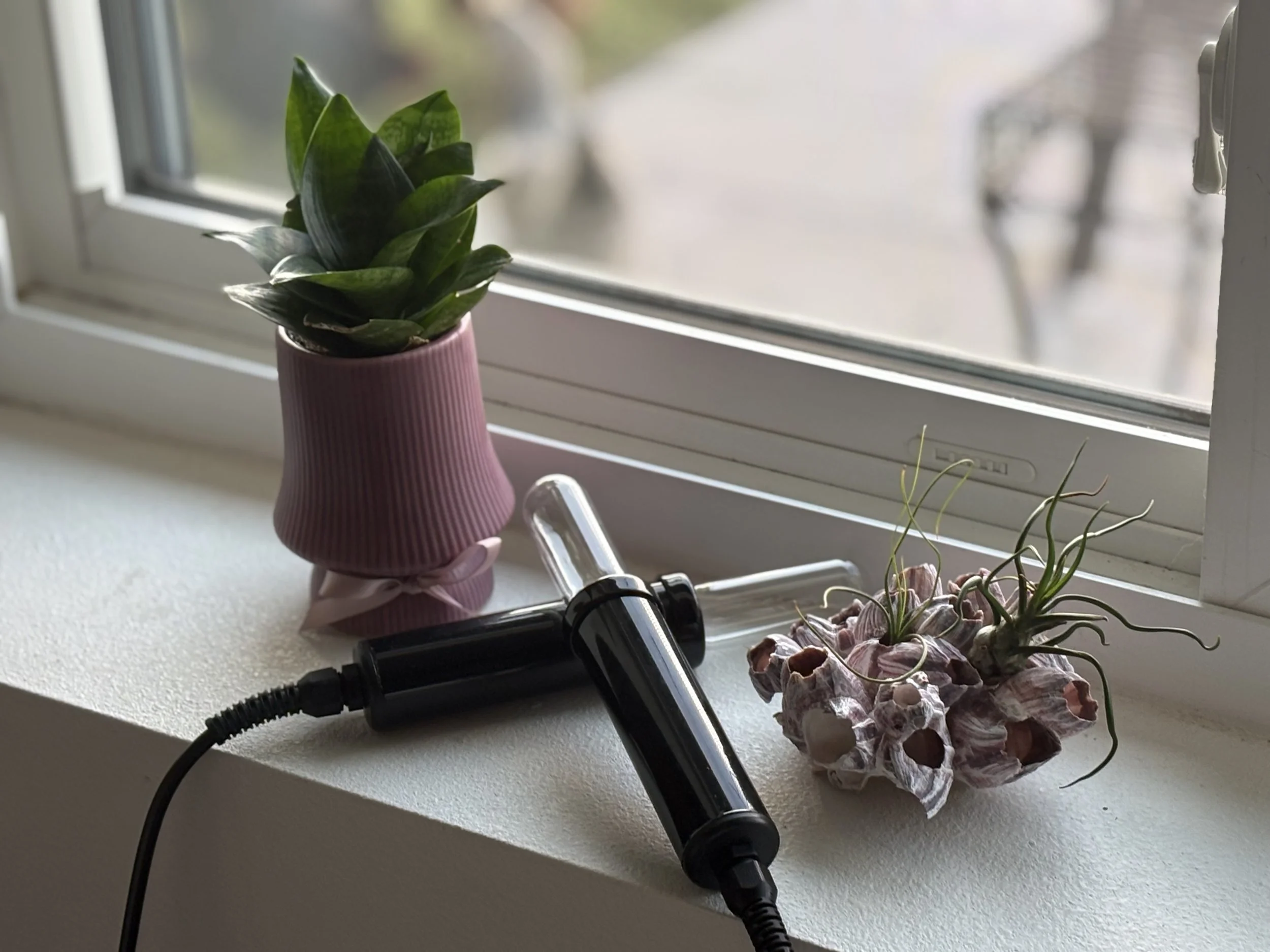
Before scheduling an appointment, make sure none of these apply to you.
Contraindications.
-
Circulatory Problems
Serious circulatory problems, such as thrombosis, are a contraindication for Assisted Lymphatic Therapy. If there is a risk of embolism or phlebitis, therapy is avoided to prevent dislodging clots, which could cause serious complications. Safety takes priority, and treatment is only administered when there is no risk of interfering with circulatory clots and a medical doctor has confirmed there is no thrombosis.
-
Major Cardiac Problems
Major cardiac problems, including acute angina pectoris and coronary thrombosis (heart attack), are contraindications for Assisted Lymphatic Therapy. These conditions may be aggravated by lymphatic techniques, as they can increase cardiac load and stimulate or strain the heart.
-
Acute Infectious/Fever
Acute infectious or early onset inflammatory diseases (bacterial or viral) accompanied by fever are contraindications for Assisted Lymphatic Therapy (ALT). It is important to delay lymphatic treatment until the fever has subsided and clinical symptoms have significantly diminished to ensure safety and avoid exacerbating or spreading the condition.
-
Hemorrhages
Hemorrhages (bleeding) are contraindicated for Assisted Lymphatic Therapy. The client and therapist must ensure that all active bleeding has fully stopped before performing any drainage. However, lymphatic drainage can be safely applied on the same day to help reduce hematoma and support recovery once bleeding is controlled.
-
Pacemakers
Individuals with embedded or attached electrical devices such as pacemakers or pumps should not undergo Assisted Lymphatic Therapy, as it is contraindicated for their condition. However, they can safely receive Manual Lymphatic Therapy, which provides effective support for lymphatic function without the risks associated with assisted techniques.
-
Pregnancy
Lymphatic drainage therapy can be safe during pregnancy to reduce swelling and discomfort, but precautions are necessary. Deep pressure on the abdomen, lower back, and legs is avoided to prevent stimulating contractions. Some healthcare providers advise against therapy in the first trimester due to fetal development concerns. Conditions like severe pre-eclampsia may also make lymphatic drainage unsafe. Always consult a healthcare provider before starting therapy during pregnancy.
-
Weak Kidneys, Lungs, Heart
If you are on dialysis or have kidney function at level 3A or lower, Assisted Lymphatic Drainage Therapy could flush too many toxins through your kidneys, potentially putting a strain on your already weak kidneys. The same caution applies to individuals with weak lungs or heart.
